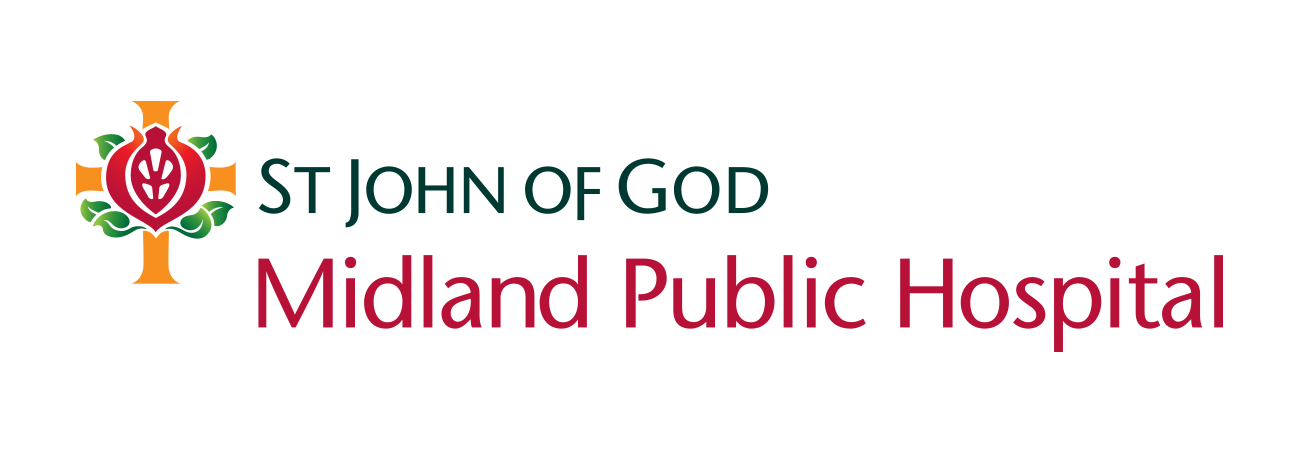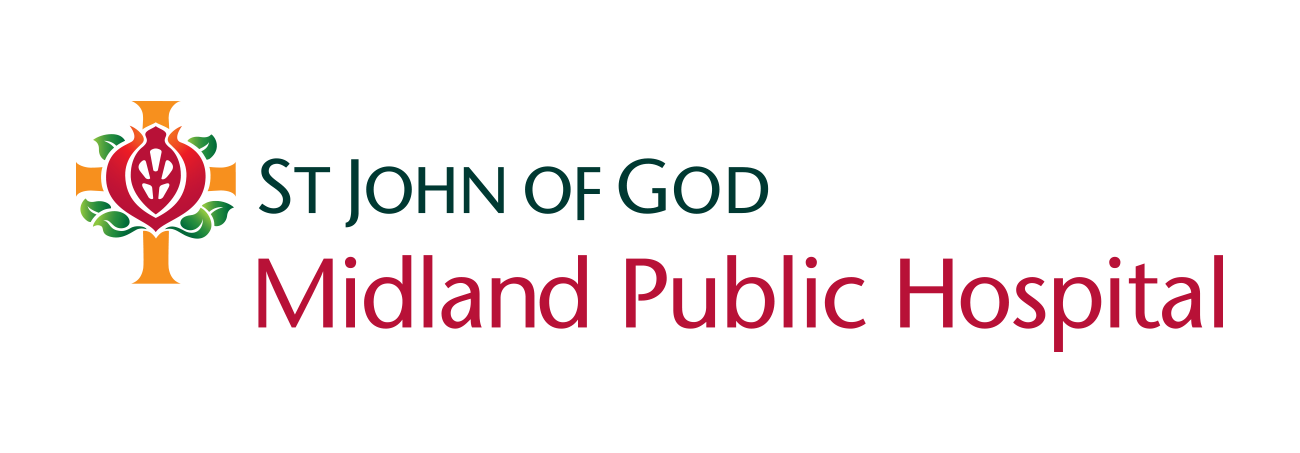- Our services
- Medical and surgical
- Ear, nose and throat surgery
Ear, nose and throat surgery
ENT surgery can help treat common conditions such as sinusitis and tonsillitis, as well as head and neck cancer surgery, cochlear implantation and thyroid surgery. This specialty is also referred to as otolaryngology or head and neck surgery.
We work closely with you to address your ear, nose and throat conditions to improve your quality of life and achieve the best possible outcomes.
Our experienced caregivers are here to support you, from evaluation through to recovery.
Our ear, nose and throat services
A number of specialised procedures and surgeries may be available, including:
- tonsillectomy
- endoscopic sinus surgery
- external, middle and inner ear surgery
- tympanostomy tube insertion (ear grommets)
- craniofacial surgery
- thyroid surgery
- parotid surgery
- head and neck cancer surgery
- cochlear implantation and hearing aid implantation
- plastic surgery, including otoplasty (ear plastic surgery), rhinoplasty (nose plastic surgery) and facial cosmetic surgery.
While many ENT procedures require general anaesthetic, some can be performed under local anaesthesia and you may be able to go home on the day of your procedure. Your doctor will let you know whether this is an option for you.
Our specialists work together using the latest technology to make sure you return to good health as quickly as possible. We are experienced in treating:
- sinusitis
- nasal congestion
- deviated septum
- enlarged tonsils
- recurring tonsillitis
- ear infections, including glue ear and swimmer’s ear
- hearing impairment and other ear symptoms
- head and neck cancer
- head, face and neck trauma
- congenital ear, nose and throat disorders.
To access ENT services, you will need a referral from your general practitioner (GP) or another specialist.
Benefits of ENT services
Our ENT services can assist and benefit you in a number of ways:
- ensuring your safety and comfort at all times
- investment in the latest technology and training
- a patient-centred approach to diagnosis and treatment
- access to a wide range of specialists to help with your recovery including dietitians, speech pathologists and audiologists
- a holistic approach that includes coordinating with your GP and other treating doctors.
These benefits depend on your particular circumstances and require you to fully participate in necessary before and after care and management. You should consult a specialist in this area before deciding whether surgery is suitable for you.
You may be interested in...

